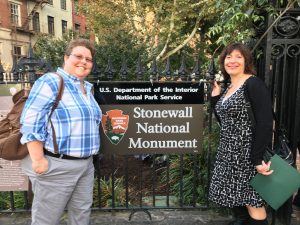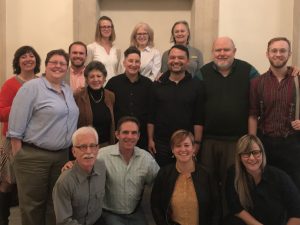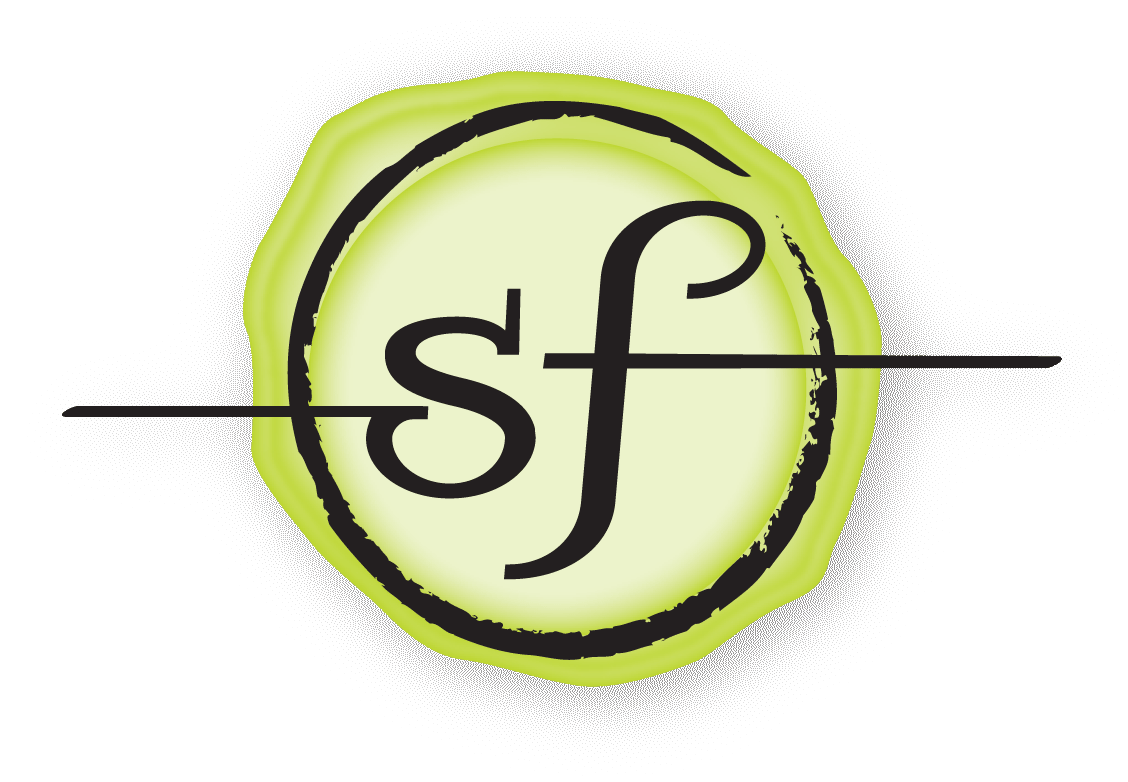
As I mentioned last month, the United States now has its first national park site dedicated to Lesbian, Gay, Bisexual, Transgender, Queer (LGBTQ) history: the Stonewall National Monument in New York City. This unit of the National Park Service (NPS) preserves the site of the 1969 Stonewall Uprising, which marked a major turning point in the movement to secure LGBTQ civil rights.
Planning is currently under way at the site, and I have been consulting with the NPS planning team as it prepares Stonewall’s foundation document, the articulation of concepts that will guide the park’s management and interpretation as it moves into the future. Last month, the site convened a team of seven scholars, representing various subfields of LGBTQ history, to take part in a two-day charrette exploring the historical significance of the events that took place at Stonewall.
The scholars were:
- Tristan Cabello, Director of the American Studies Program at American University, who is working on a book titled Queer Bronzeville: Race, Sexuality, and Black Chicago, 1920-1980;
- David Carter, author of Stonewall: The Riots that Sparked the Revolution and a co-author of the National Historic Landmark nomination that formed the basis of the national monument’s boundaries;
- Lillian Faderman, author of many books, most recently The Gay Revolution: The Story of the Struggle;
- Emily K. Hobson, assistant professor at the University of Nevada, Reno; newly elected chair of the Committee on LGBT History; and author of Lavender and Red: Liberation and Solidarity in the Gay and Lesbian Left;
- Jen Manion, associate professor at Amherst College; creator of the website Crossing Gender; and author of Liberty’s Prisoners: Carceral Culture in Early America;
- Eric Marcus, author of a range of books on LGBTQ issues and creator of the podcast Making Gay History;
- Kevin Mumford, professor of history at the University of Illinois and author of multiple books, including Not Straight, Not White: Black Gay Men from the March on Washington to the AIDS Crisis.
Needless to say, that was quite a team! Two days of exploring queer history with these thoughtful and creative scholars was one of the highlights of my career. As a follow-up to the event, each of the participants is writing up a summary of their main thoughts on the historical significance of Stonewall, and the NPS plans to post excerpts of these reports online sometime after the beginning of the new year. I will keep you posted.

The views and conclusions contained in this article are those of the author and should not be interpreted as representing the opinions or policies of the U.S. government. Mention of trade names or commercial products does not constitute their endorsement by the U.S. government.
